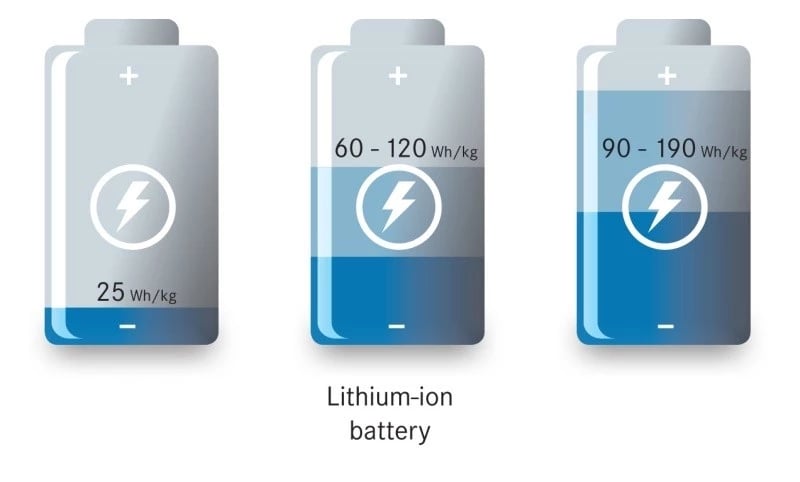Why Lithium Battery Capacity Decays: An In-Depth Look
Introduction to Why Lithium Battery Capacity Decays
Lithium batteries are a cornerstone of modern portable electronics, but understanding why lithium battery capacity decays is crucial for maximizing their lifespan and efficiency.
Overcharge: A Key Factor in Why Lithium Battery Capacity Decays
One significant reason why lithium battery capacity decays is overcharging. Overcharging can lead to excessive heat, causing damage and reducing the overall capacity of the battery.
Electrolyte Decomposition Explains Why Lithium Battery Capacity Decays
Another major factor in why lithium battery capacity decays is electrolyte decomposition. Over time, the electrolyte can break down, leading to a decrease in battery performance and efficiency.
Self-Discharge and Why Lithium Battery Capacity Decays
Self-discharge is a natural phenomenon that also explains why lithium battery capacity decays. Batteries lose charge over time even when not in use, which contributes to capacity loss.
Electrode Instability Contributes to Why Lithium Battery Capacity Decays
Finally, electrode instability plays a role in why lithium battery capacity decays. The electrodes can degrade over time, leading to reduced capacity and efficiency of the battery.
Conclusion on Why Lithium Battery Capacity Decays
Understanding why lithium battery capacity decays is essential for better battery management. From overcharging to electrode instability, knowing these factors can help prolong battery life.

